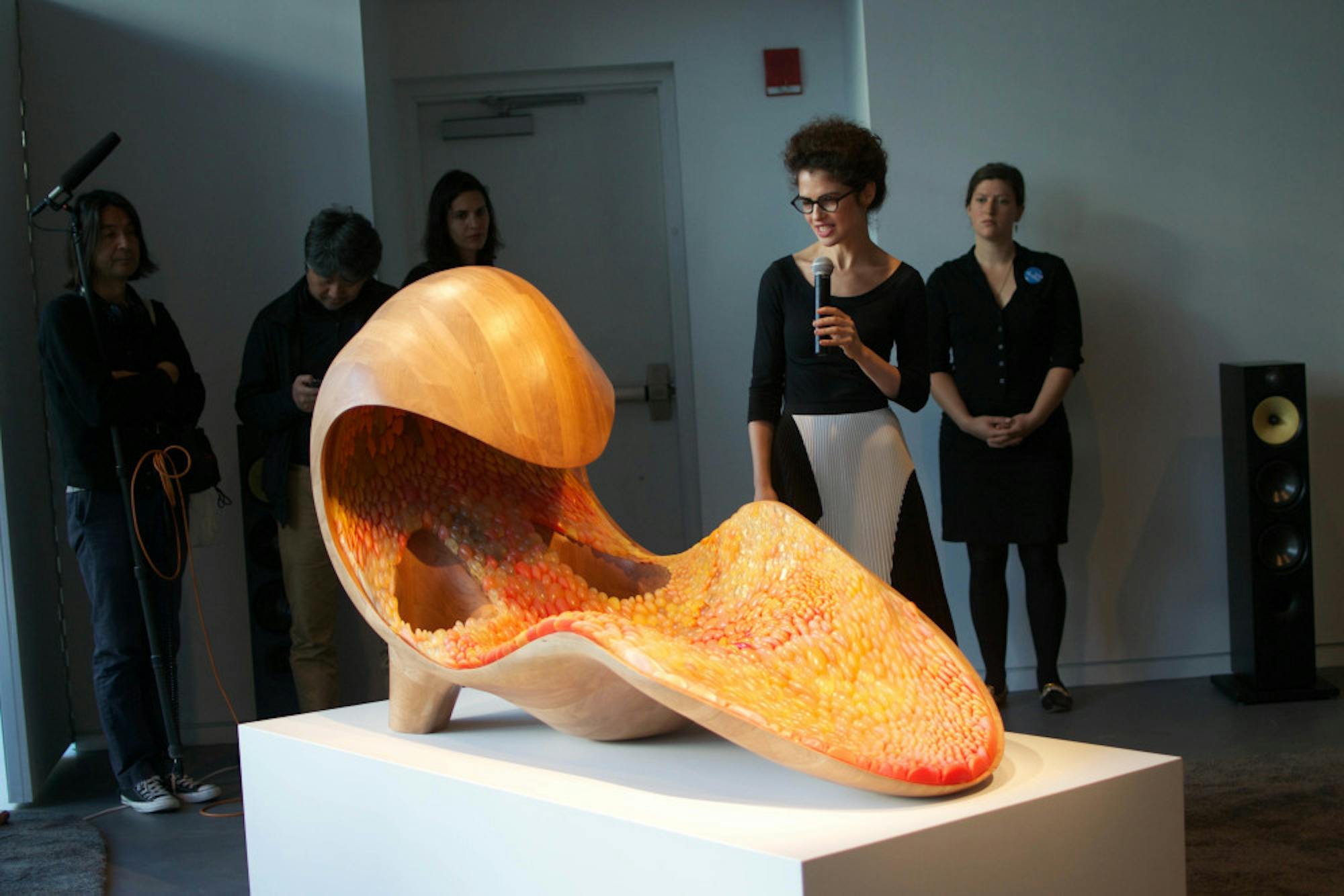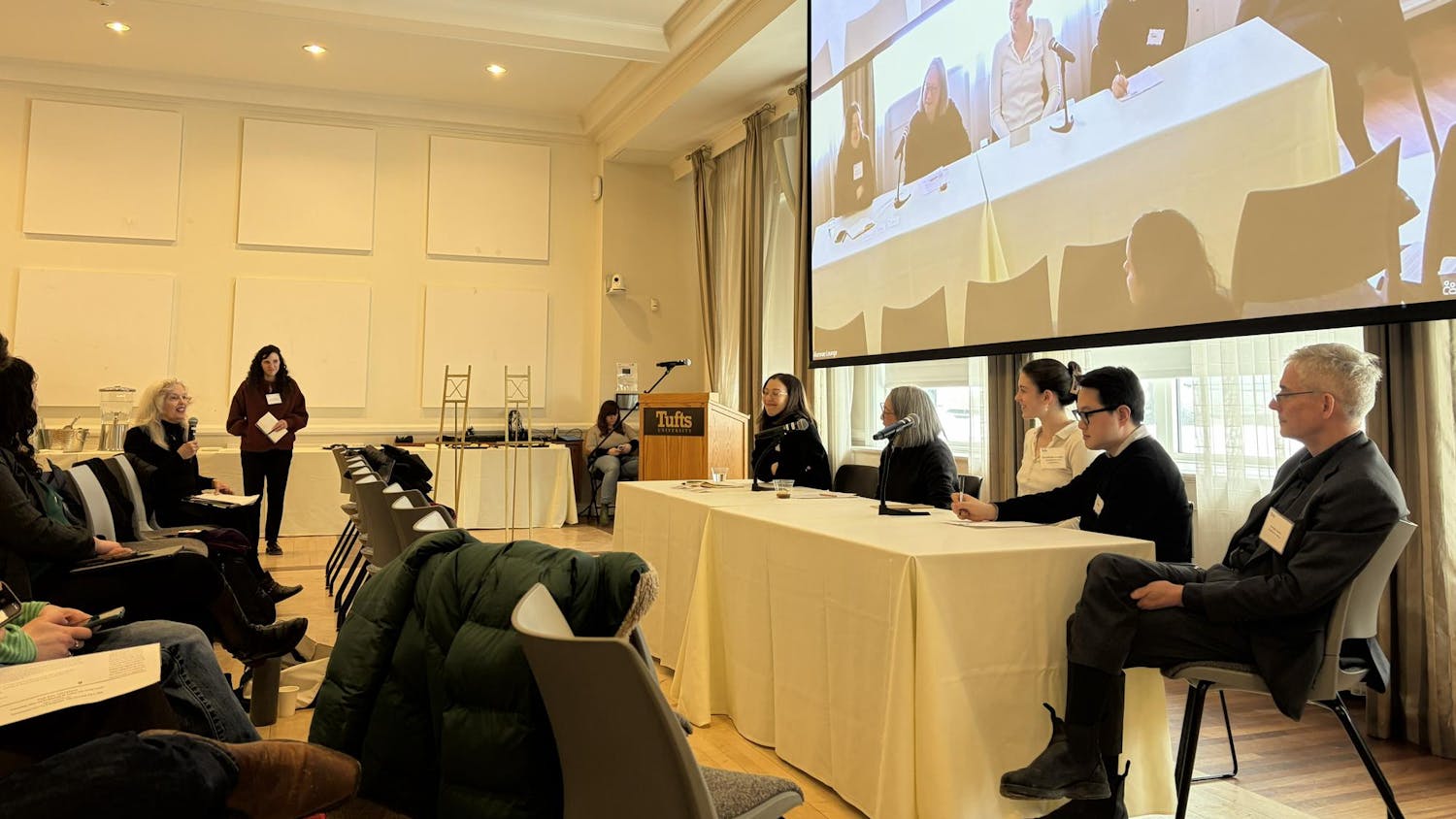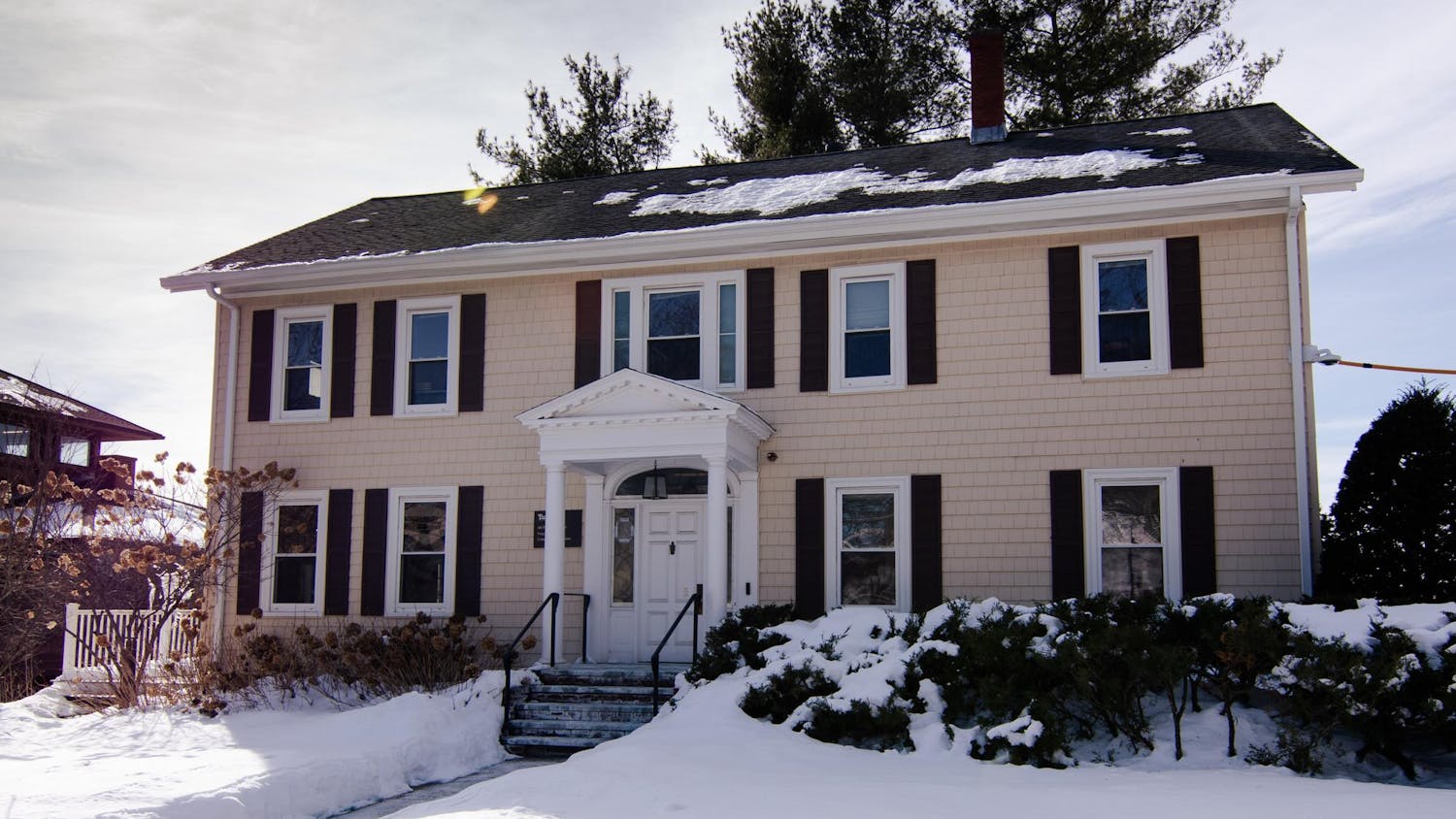Fresh from its Parisian success, Le Labaratoire (Le Lab) has arrived in Cambridge as a brand new way to experience brand new ideas. The art and design center was founded in Paris in 2007 by David Edwards, the Gordon McKay Professor of the Practice of Idea Translation at Harvard's School of Engineering and Applied Science. Its purpose is to straddle the juncture of arts and science innovation in a participatory environment. Cambridge will be the concept's new frontier.
Le Laboratoire Cambridge will continue its practices of discovery overseen by the ArtScience Labs, a global educational organization for the development of "the most radical ideas that transform the way we live, imagine and evolve," according to its website.
According to Edwards, between two to four percent of many countries' GDPs goes toward lab research, and by extension into innovation. The purpose of Le Laboratoire is both to enable innovation that otherwise might not come to light and to invite the public to experience those scientific and artistic innovations. The hope is that visitors will have a unique sensory experience as they access these breakthroughs.
"It's part-museum and part-lab, with a strong participatory element," Edwards said. "We want to bring the public into that process ... into the project sort of voyeuristically and sort of [participatorily]."
Author of "The Lab: Creativity and Culture" (2010), Edwards has taught at Harvard since 2002 and initiated the Lab @ Harvard project that ran from 2009 through 2012. According to its website, Le Lab Cambridge stemmed from this project, and will be home to experiments by students at Harvard and in Boston Public Schools.
The idea is for designs to turn into collections, and for collections to have an impact on daily life and manifest themselves into social practices, Edwards said.
Le Lab Cambridge's current exhibition is "Vocal Vibrations," an experiment with audio and voice hosted by composer Tod Machover. Although Machover is accustomed to writing music that has a beginning and an end, the music for this exhibit was designed to play all day. People are invited to sit and listen and to disconnect from the world; to turn off their phones and expose themselves to a different auditory experience.
To this end, Machover has included a unique orb in the exhibition to allow people to hear vibrations of their voice when they speak into a microphone. Machover said he wanted people to learn from their own voice and to change the relationship that they have with it.
“Too many people don’t like the sound of their own voice, yet it is what we hear, how we communicate and express ourselves,” he said.
The project was widely successful in Paris, so he is excited to bring it to Boston, Machover said.
Le Laboratoire is the result of the collective dedication and effort of many, including Carrie Fitzsimmons, the executive director of ArtScience Labs.
"Three years ago, we started talking about the idea of having a center in Cambridge," Fitzsimmons said. "The one in Paris was very successful [and] embraced internationally, so we thought about setting up headquarters in Boston and quickly came to the conclusion that there wasn’t a better space than right here in Kendall Square, in this biotech and technology hub between MIT and Harvard."
Fitzsimmons also described Le Lab as a culture lab, which according to Edwards is a relatively new term, not having truly existed until around when Le Lab opened in Paris.
"We sought to bring a culture lab right in the middle of [Boston], right at the interface between art and science," she said. "But it's more than art and science, it's more of an interdisciplinary dialogue where true innovation and creativity can happen."
According to Fitzsimmons, the funding that allows ArtScience Labs to bring the creative process to fruition comes both from individuals and from corporations. Each year, ArtScience Labs hosts educational programs to research the most pressing scientific needs of the world. This year's theme is biodiversity, Fitzsimmons said.
Café ArtScience, also a part of Le Lab Cambridge, is a new concept connected to Le Laboratoire that seeks to provide a different restaurant experience through innovation in both food and drink. By being a creative enabler for innovation, Edwards expressed his hope that people would not come in just to eat or drink, but also to think and discuss creative ideas with colleagues or friends.
"[By turning the] restaurant into a sensorial café, they hope to incorporate innovative practices such as edible packaging,” he said.
Although innovations such as these aim to reduce waste and raise social consciousness, their true vision is more broad.
"[The vision is to] pioneer the future of eating and sensorial experience,” Edwards said.
Le Laboratoire creates interactive space for groundbreaking innovation in art, science

Architect and designer Neri Oxman explains the meaning of her cocoon-like sculpture, which provides a unique sensory experience as a part of the Vocal Vibrations Exhibit.





